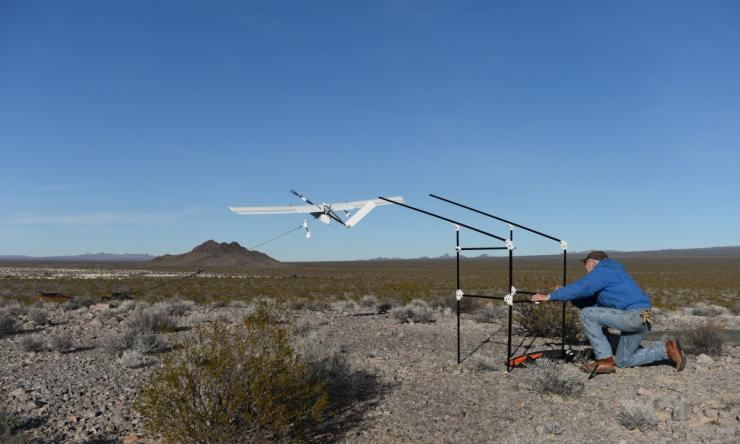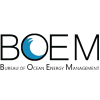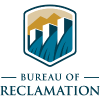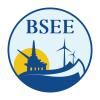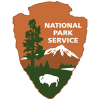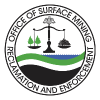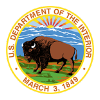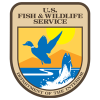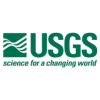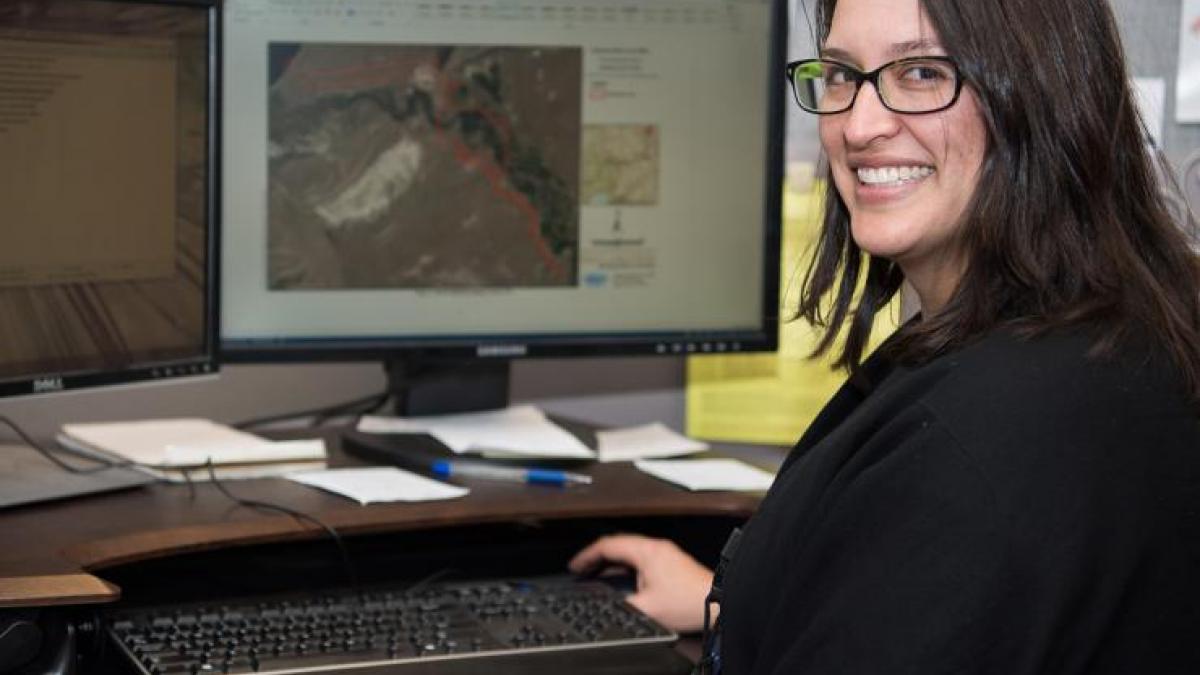
Geography
Position Overview
Geographers partner with other DOI scientists and technical experts from many disciplines. Their expertise and research helps DOI answer challenging questions and drives recommendations in support of effective natural resource management.
This position is represented at the following bureaus
Candidate Description
The ideal candidate is a skilled problem solver who identify relationships and linkages and apply in-depth knowledge of geographical science to a multitude of complex issues. Working in multi-disciplinary teams requires the ability to collaborate and communicate effectively.
Specialty Areas
Topography; Bathymetry; Remote Sensing; Geographic Information Systems (GIS); Structure-from-Motion; Climatology; Economic Geography; Regional Geography; Human Settlement; Land use / Land change
Work Environment
Geographers perform their work in offices and also conduct field work, often in remote areas.
Minimum Education Requirements
Please see the Individual Occupation Requirements and the Professional and Scientific Positions Group Qualification Standard on the OPM websites.
Career Level Requirements
Responsibilities by Level
Entry:
- Installing, monitoring, and operating various geographic data collection instruments
- Recording and maintaining databases
- Assisting with studies documenting changes in land use
Mid:
- Collecting information to develop an analysis of landscape dynamics
- Gathering and summarizing data on seismic and volcanic activity, coastal erosion and land loss, or landslides
- Participating in a team conducting fieldwork studies to obtain and validate geospatial data
- Verifying data accuracy
Journey:
- Utilizing Geographic Information Systems to analyze features and trends related to offshore oil and gas exploration, critical minerals, natural hazards, pollution, vegetation
- Analyzing data to create maps and extract landform features of interest; Recommending better ways to visualize and display data
- Advising on policy and planning for programs; Publishing research and present at professional conferences
- Designing research and development tools and studies to resolve puzzling scientific questions
- Planning and managing work of interns and other less experienced employees
- Analyzing remote sensing data such as satellite imagery, lidar, or unmanned aircraft systems (UAS) imagery
Senior:
- Advising on policy and program development and long-range planning for a complex technical organization
- Serving as a branch chief, associate director, deputy regional director or other position requiring similar level of leadership responsibility
- Providing technical leadership and guidance to internal or Inter-agency teams of senior scientists whose work drives major technological advances
- Publishing research and presenting at professional conferences
- Proactively partnering with high-ranking officials from federal and international agencies and others on geospatial data acquisition and sharing
Strengths by Level
-
AccountabilityHolds self and others accountable for measurable high-quality, timely, and cost-effective results. Determines objectives, sets priorities, and delegates work. Accepts responsibility for mistakes. Complies with established control systems and rules.Show Tool TipEntry 5-7Mid 9-11Journey 12-13Senior 14-15
-
Attention to DetailIs thorough when performing work and conscientious about attending to detail.Show Tool TipEntry 5-7Mid 9-11Journey 12-13Senior 14-15
-
ComplianceKnowledge of procedures for assessing, evaluating, and monitoring programs or projects for compliance with Federal laws, regulations, and guidance.Show Tool TipEntry 5-7Mid 9-11Journey 12-13Senior 14-15
-
Creative ThinkingUses imagination to develop new insights into situations and applies innovative solutions to problems; designs new methods where established methods and procedures are inapplicable or are unavailable.Show Tool TipEntry 5-7Mid 9-11Journey 12-13Senior 14-15
-
Customer ServiceWorks with clients and customers (that is, any individuals who use or receive the services or products that your work unit produces, including the general public, individuals who work in the agency, other agencies, or organizations outside the Government) to assess their needs, provide information or assistance, resolve their problems, or satisfy their expectations; knows about available products and services; is committed to providing quality products and services.Show Tool TipEntry 5-7Mid 9-11Journey 12-13Senior 14-15
-
EntrepreneurshipPositions the organization for future success by identifying new opportunities; builds the organization by developing or improving products or services. Takes calculated risks to accomplish organizational objectives.Show Tool TipEntry 5-7Mid 9-11Journey 12-13Senior 14-15
-
FlexibilityIs open to change and new information; adapts behavior or work methods in response to new information, changing conditions, or unexpected obstacles; effectively deals with ambiguity.Show Tool TipEntry 5-7Mid 9-11Journey 12-13Senior 14-15
-
Interpersonal SkillsTreats others with courtesy, sensitivity, and respect. Considers and responds appropriately to the needs and feelings of different people in different situations.Show Tool TipEntry 5-7Mid 9-11Journey 12-13Senior 14-15
-
Oral CommunicationExpresses information (for example, ideas or facts) to individuals or groups effectively, taking into account the audience and nature of the information (for example, technical, sensitive, controversial); makes clear and convincing oral presentations; listens to others, attends to nonverbal cues, and responds appropriately.Show Tool TipEntry 5-7Mid 9-11Journey 12-13Senior 14-15
-
Organizational AwarenessKnows the organization's mission and functions, and how its social, political, and technological systems work and operates effectively within them; this includes the programs, policies, procedures, rules, and regulations of the organization.Show Tool TipEntry 5-7Mid 9-11Journey 12-13Senior 14-15
-
Problem SolvingIdentifies problems; determines accuracy and relevance of information; uses sound judgment to generate and evaluate alternatives, and to make recommendations.Show Tool TipEntry 5-7Mid 9-11Journey 12-13Senior 14-15
-
Project ManagementKnowledge of the principles, methods, or tools for developing, scheduling, coordinating, and managing projects and resources, including monitoring and inspecting costs, work, and contractor performance.Show Tool TipEntry 5-7Mid 9-11Journey 12-13Senior 14-15
-
ReasoningIdentifies rules, principles, or relationships that explain facts, data, or other information; analyzes information and makes correct inferences or draws accurate conclusions.Show Tool TipEntry 5-7Mid 9-11Journey 12-13Senior 14-15
-
TeamworkEncourages and facilitates cooperation, pride, trust, and group identity; fosters commitment and team spirit; works with others to achieve goals.Show Tool TipEntry 5-7Mid 9-11Journey 12-13Senior 14-15
-
Technical CompetenceUses knowledge that is acquired through formal training or extensive on-the-job experience to perform one's job; works with, understands, and evaluates technical information related to the job; advises others on technical issues.Show Tool TipEntry 5-7Mid 9-11Journey 12-13Senior 14-15
-
WritingRecognizes or uses correct English grammar, punctuation, and spelling; communicates information (for example, facts, ideas, or messages) in a succinct and organized manner; produces written information, which may include technical material, that is appropriate for the intended audience.Show Tool TipEntry 5-7Mid 9-11Journey 12-13Senior 14-15
Common Pathways
Candidates who made this career change most commonly held these occupations...
Miscellaneous Administration and Program
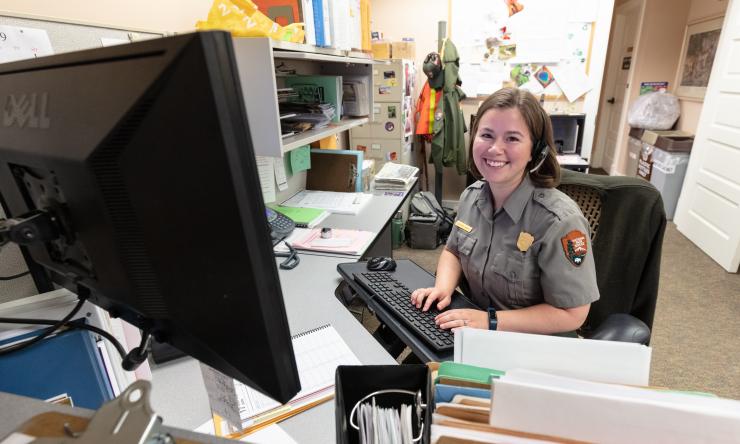
General Physical Science
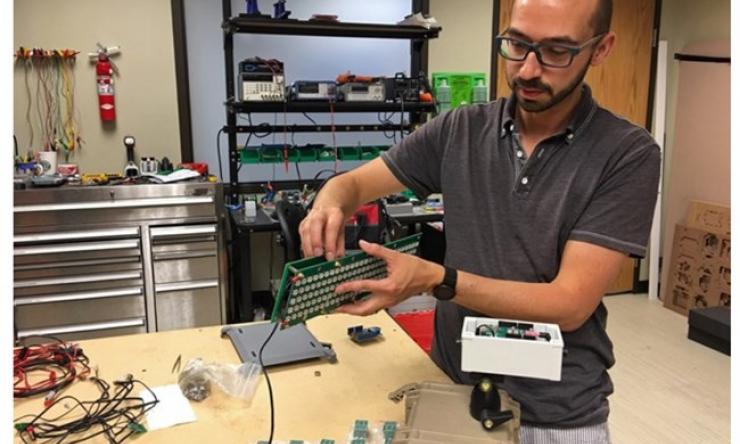
Cartography
